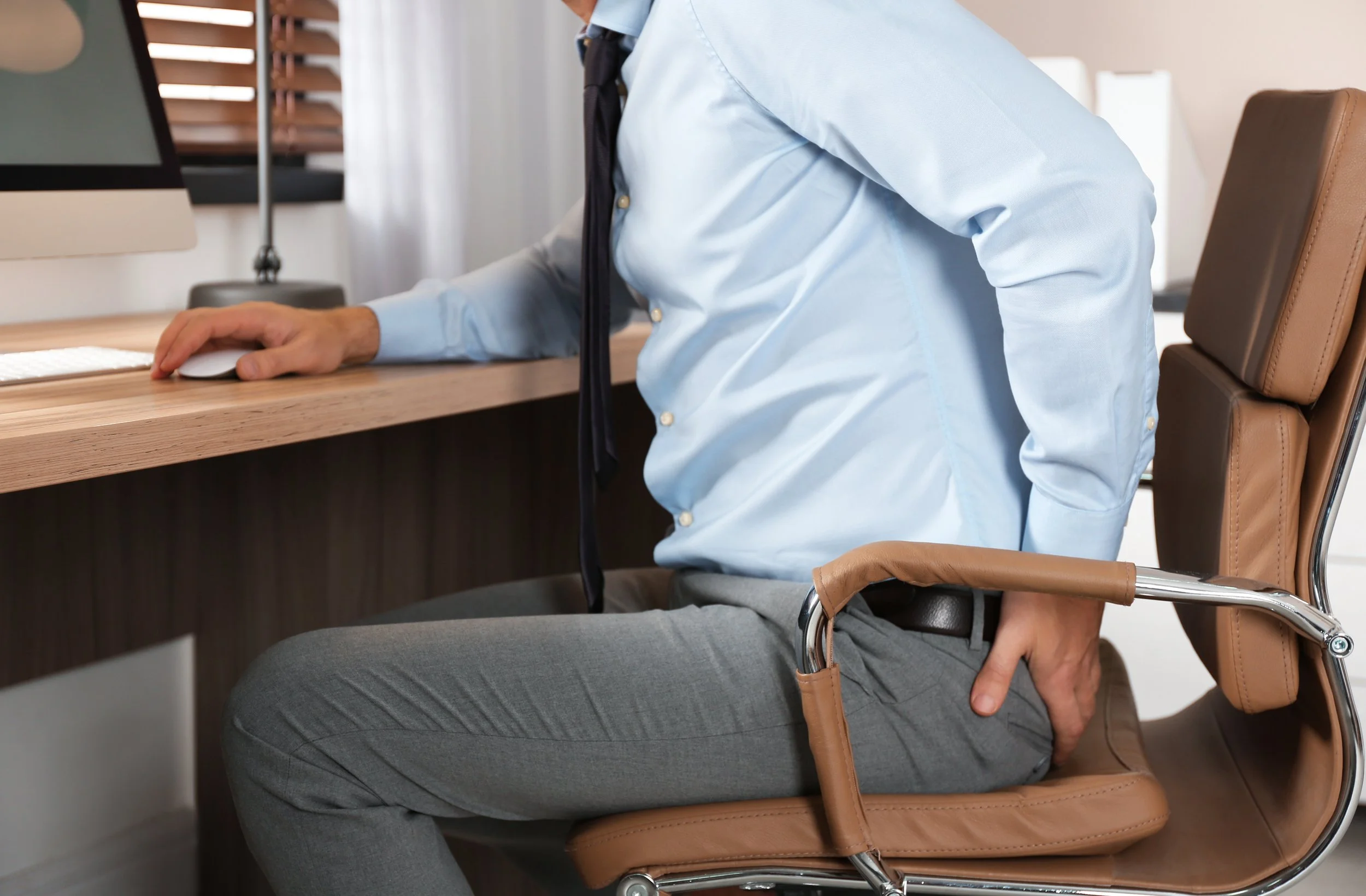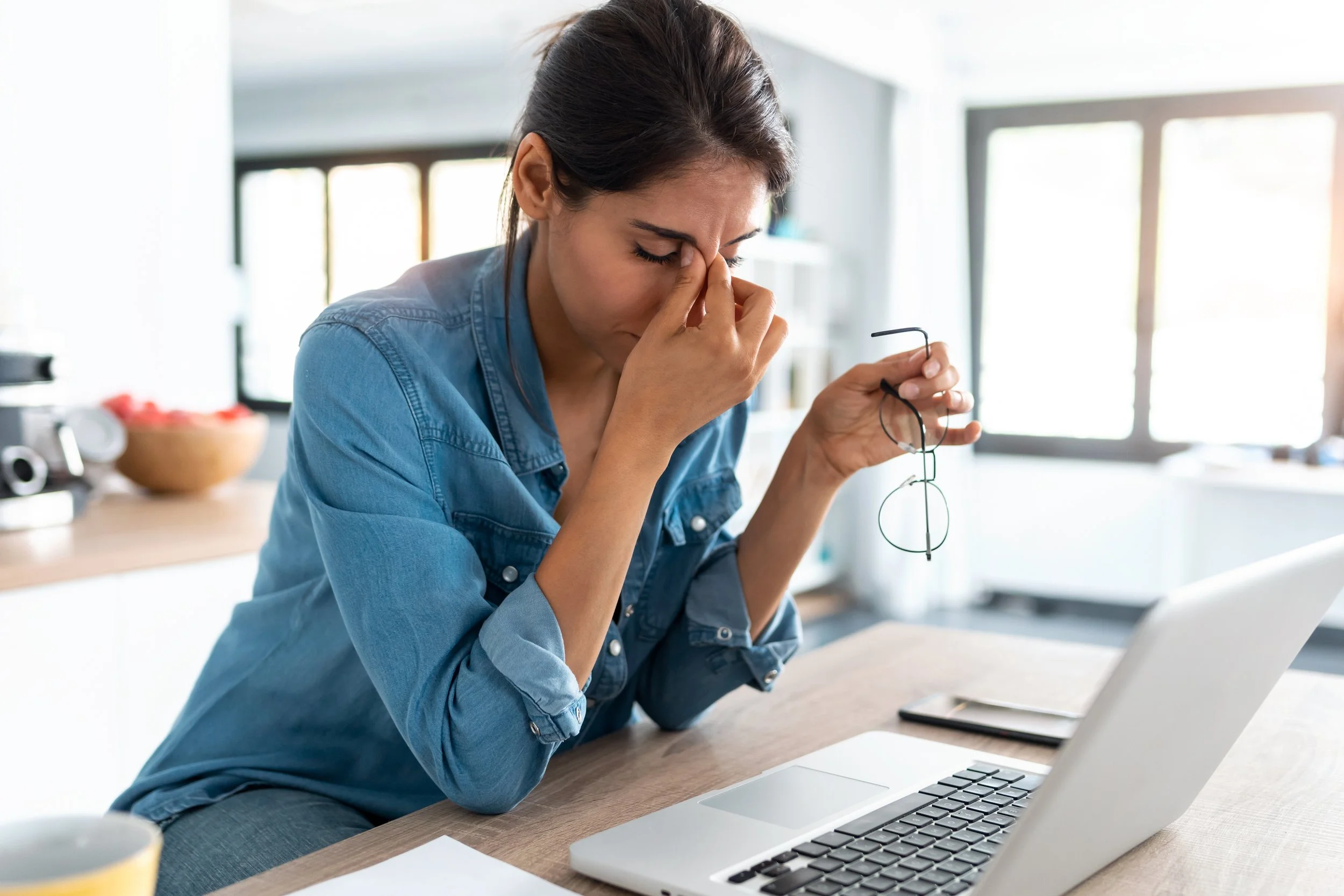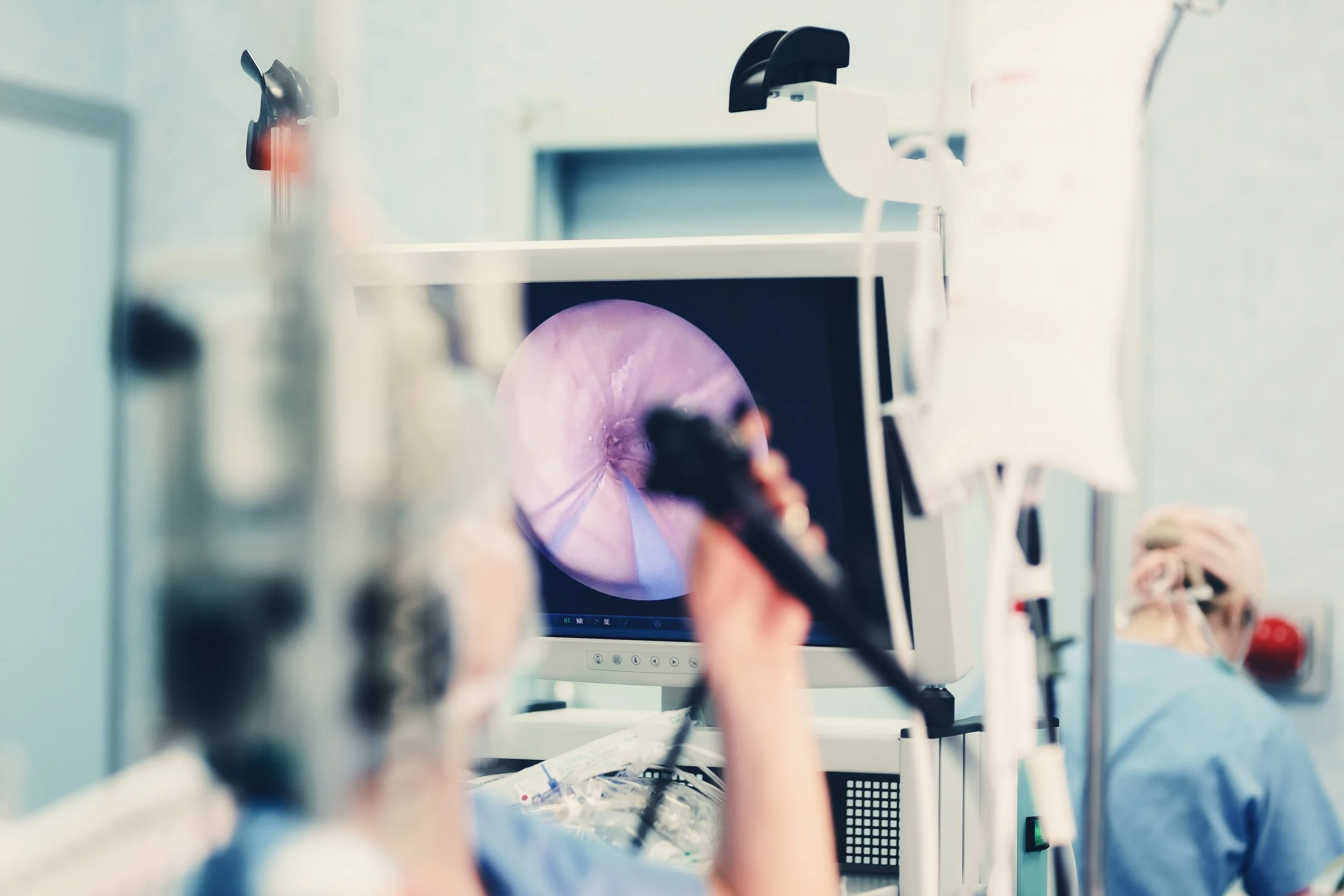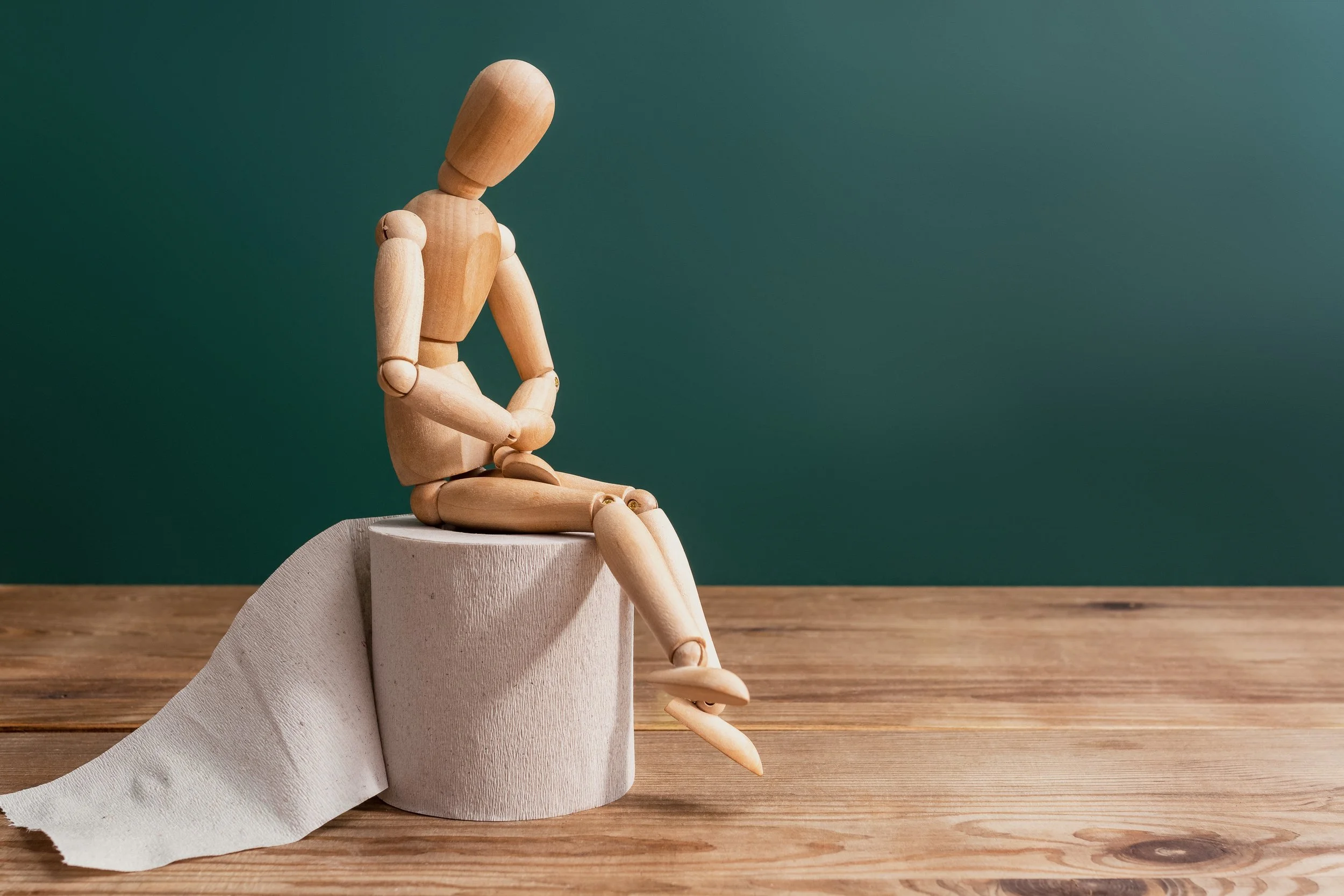Hemorrhoids are an annoying condition to deal with, characterized by painful bowel movements, anal itching, anal pain, and difficulty sitting without pain. This condition certainly isn’t fun, and many of our patients come to us with the burning question: “why do I always have hemorrhoids?” In order to answer this question effectively, we’ll take a look at what hemorrhoids are and answer additional questions like “how do hemorrhoids go away” and “what is the main cause of hemorrhoids?”
What Is the Main Cause of Hemorrhoids?
Hands down, the biggest cause of hemorrhoids is increased pressure on the pelvis - through weight gain, pregnancy, sitting too much, straining during bowel movements, weightlifting, or lifting heavy objects improperly. It’s important to not put too much pressure on the sensitive tissue around the anus. You can reduce this pressure in the following ways:
During bowel movements, only sit when you are ready to go. Do not push or strain, and get up as soon as you are finished. Keep the phone in another room to remove the urge to sit idly.
If you have a highly sedentary job, make an effort to get up and stretch at regular intervals. Take a short walk or request and use a standing desk if you are at an office.
During pregnancy, the same tips will apply. You may find that it’s more difficult to stay consistent with precautionary measures - but try to do your best.
Try to avoid lifting heavy objects with a wide stance. If you are prone to hemorrhoids, see if you can get someone to help you move or adjust furniture.
If you have noticed that your increased hemorrhoids coincide with weight gain, take a look at your diet and lifestyle: it may be in your best interest to make some changes there and lose some weight - especially if you did not have hemorrhoids at all beforehand.
How Do Hemorrhoids Go Away?
To understand why hemorrhoids come and go, we must first take a look at what a hemorrhoid is. Hemorrhoids are small, inflamed blood vessels in and around the anus. These pockets of inflammation can come and go, just like any type of inflammation, but are usually caused by increased pressure on the anus, as we mentioned above. Hemorrhoids usually resolve on their own, either through intentional lifestyle changes that resolve the inflammation or other mechanisms.
“Why Do I Always Have Hemorrhoids?!”
We understand your woes, and we hear this complaint all the time here at the Colorectal Clinic of Tampa Bay. If you find yourself asking “why do I always have hemorrhoids,” it may be time for you to talk to a colorectal specialist. Sometimes, it can feel like you have tried everything - at this point, it’s good to talk to a specialist and see if there’s anything you might be missing. If you have worked through all of the main causes of hemorrhoids above and are still struggling, schedule a consultation with one of our colorectal specialists.
Hemorrhoid Treatment in Tampa Bay
If you have hemorrhoids that have not subsided after about a week, get in touch with your doctor or colorectal specialist; your doctor will need to rule out more serious conditions that can look like hemorrhoids. Here at the Colorectal Clinic of Tampa Bay, we can help you determine the reason you keep getting hemorrhoids and help you develop a game plan to reduce their frequency and eliminate them.













